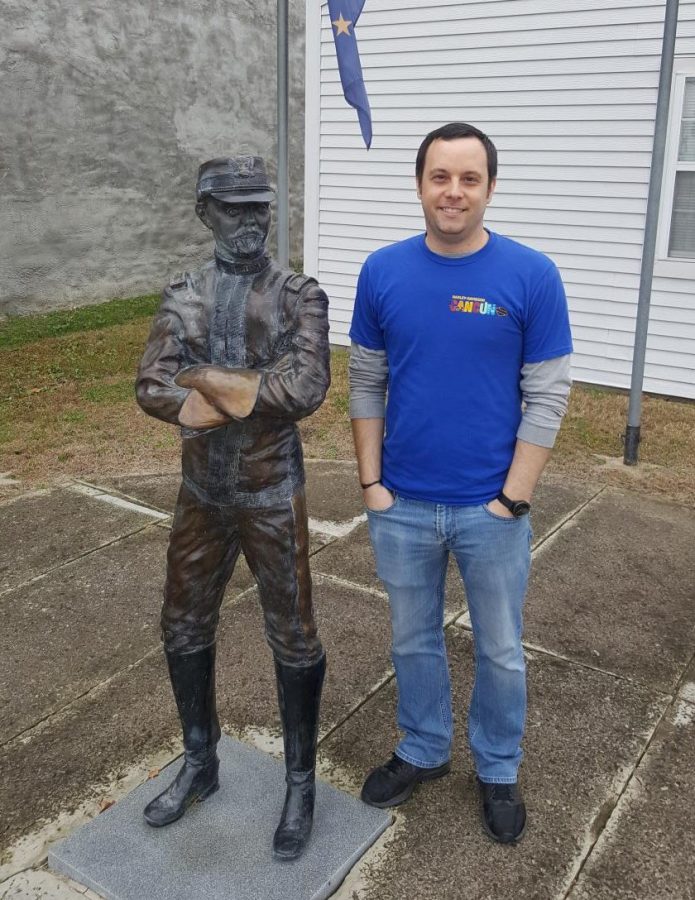They Didn’t Come Back ‘til it was Over, Over There
November 6, 2018
November 11, 2018 will mark the 100th anniversary of the German Empire’s unconditional surrender to the Allied Nations, ending World War I. This conflict, also called “the war to end all wars,” saw the deaths of over 40 million people in the span of four years. Amongst the countries involved was the United States, entering into the war on April 6, 1917.
When it came to the call of patriotism and duty , Allen County answered with as much gusto as any area of the country.
Kurtis Russell, curator of the Allen County Historical Society, said, “We were just as patriotic as any other county… We did war bonds, pie days, which was just getting women together to bake a bunch of pies; we’d raise ammunition, raise funds for equipment, things like that.”
The United States had no real professional army prior WWI. We had a National Guard in case of foreign invasion. When war was declared it fell to Senior Officer John Joseph Pershing to organize a United States armed force. Yet Pershing was not initially intended to receive this position; that honor had been bestowed upon Allen County native Major General Frederick Funston.
Funston was a prolific figure in the American Army, being favored by President Woodrow Wilson for his bravery and skill. Funston was to be the head of an American Expeditionary Force but died of a heart attack on Feb. 19, 1917.
Russell described how Wilson reacted to this loss.
“Wilson took it extremely hard, the death of Fred. Most people, including myself, all agree that it was going to be Funston and not Pershing, as far as World War 1,” commented Russell.
When the armistice was signed Nov. 11, 1918, the whole country celebrated. Russell said the celebrations that occured in Allen County when our soldiers came home were enthusiastic.
“We had our big veterans parade on Armistice Day,” he said. “Factories would blast their horns… I mean, your son’s coming home so on top of that it’s nice to have your child back.”
We saw the war all the way through to the end, as the song Over There describes: “We’ll be over, we’re coming over, and we won’t come back ‘til it’s over, over there.”






